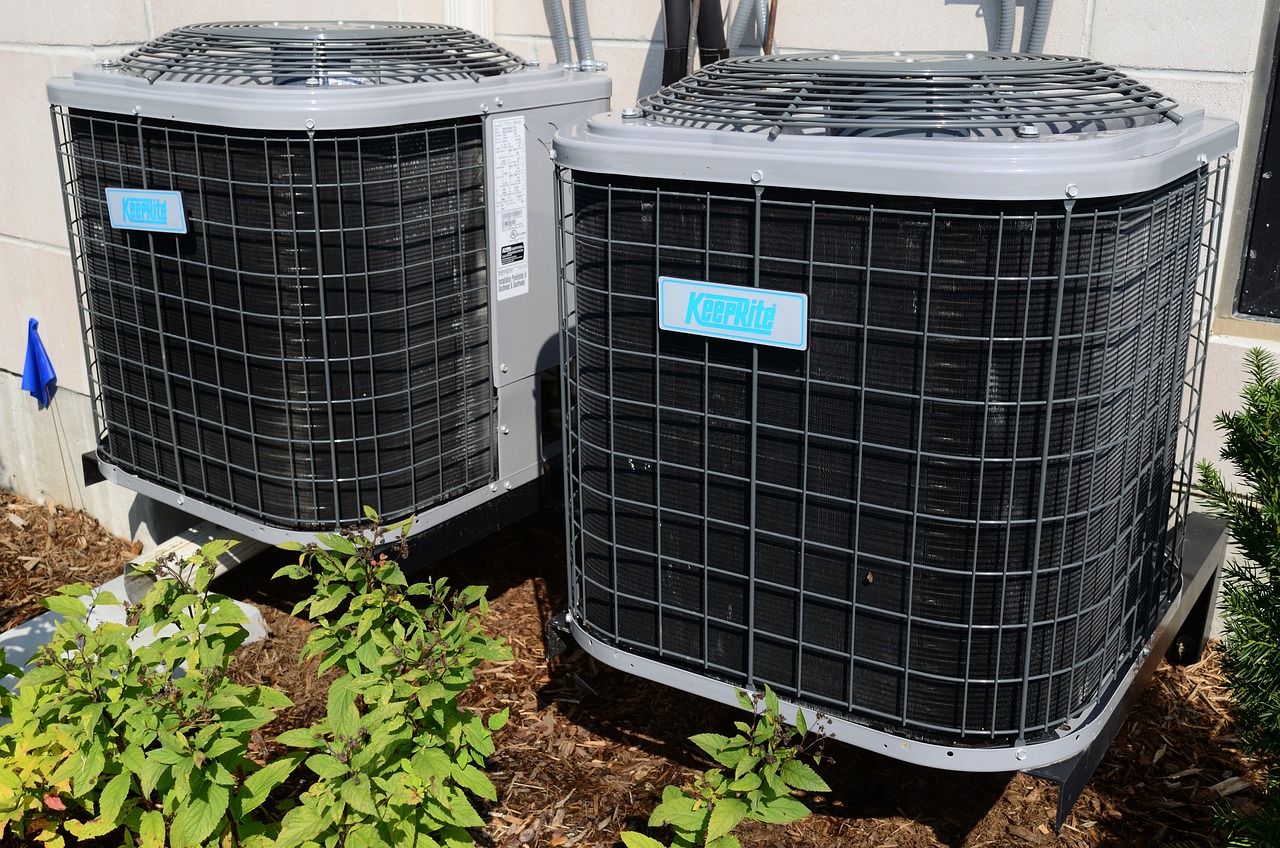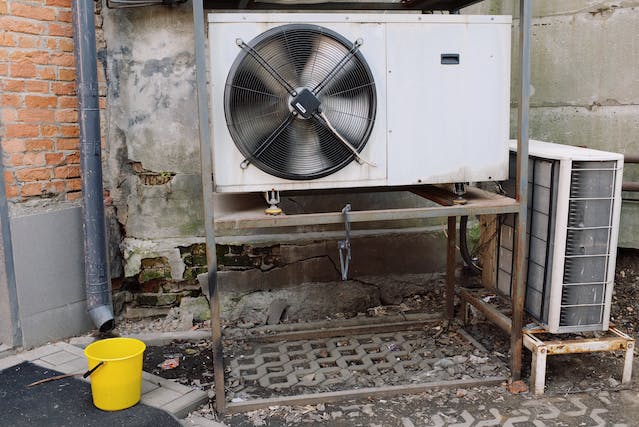
HVAC systems are vital for maintaining optimal indoor comfort, especially during extreme weather conditions. However, just like any other mechanical system, they can sometimes fail unexpectedly, leaving you in an uncomfortable situation. In such cases, it’s essential to know what steps to take before getting ac repair Summerville SC services to ensure your safety and minimize further damage. This blog post will guide you through some key actions to take during HVAC emergencies so that you are well-prepared for such situations.
Ensure Safety First
Your priority should always be safety. If you notice any gas leaks, strange smells, or unusual sounds coming from your HVAC system, immediately evacuate your house and call emergency services. These situations could pose a serious risk to your health and property, and it’s best to let professionals handle them.
Turn Off the System
If the HVAC emergency doesn’t involve any immediate danger, turn off the system at the thermostat or the main power switch. It will prevent further damage and potential hazards. Remember, attempting to fix complex issues yourself without sufficient knowledge may worsen the problem.
Check Air Filters
Dirty or clogged air filters can cause your HVAC system to malfunction, leading to inefficient cooling or heating. Before the technician arrives, make sure to check and change the air filters if necessary. This simple step can improve system performance and prevent further damage.

Clear the Area
Clear any obstructions around your HVAC system, ensuring that no objects are blocking the vents or obstructing airflow. Additionally, remove any debris or dust accumulation that might hinder the technician’s ability to diagnose and repair the problem effectively.
Document the Issue
To help the repair technician better understand the problem, document any relevant information regarding the HVAC emergency. Take note of any error codes displayed on the thermostat or any peculiar behaviors exhibited by the system. Providing detailed information will assist the technician in identifying the root cause and expediting the repair process.
Shut Off Water Supply (For HVAC Systems with Water Components)
If your HVAC system has water supply lines connected, such as those found in some cooling systems or humidifiers, locate the shut-off valve and turn off the water supply. This precautionary step can help prevent water damage and potential leaks while waiting for professional assistance.
Communicate with the Repair Technician
When scheduling an appointment with a repair technician, make sure to describe the nature of the emergency accurately. Inform them about any symptoms, noises, or smells associated with the problem, which can help them come prepared with the necessary tools and parts.
Conclusion
HVAC emergencies can be stressful, but taking the appropriate steps before the repair technician arrives can ensure your safety, prevent further damage, and expedite the repair process. Remember to prioritize safety, turn off the system, check air filters, clear the area, document the issue, shut off the water supply if applicable, and communicate effectively with the technician. By following these guidelines, you’ll be well-prepared to handle any HVAC emergency that comes your way.


